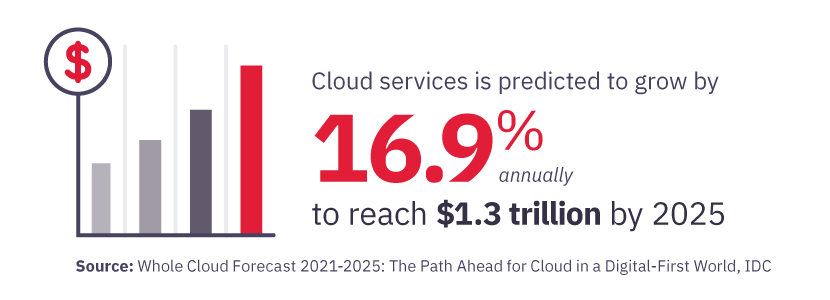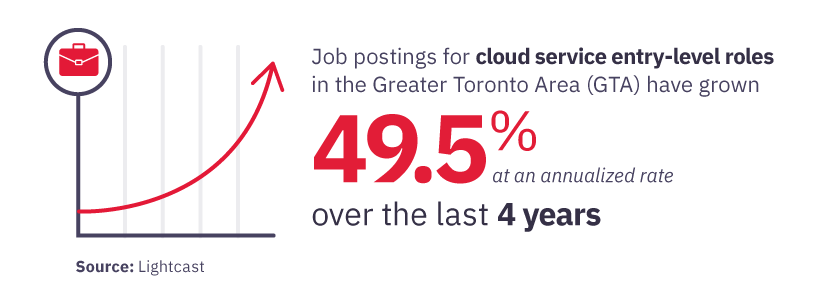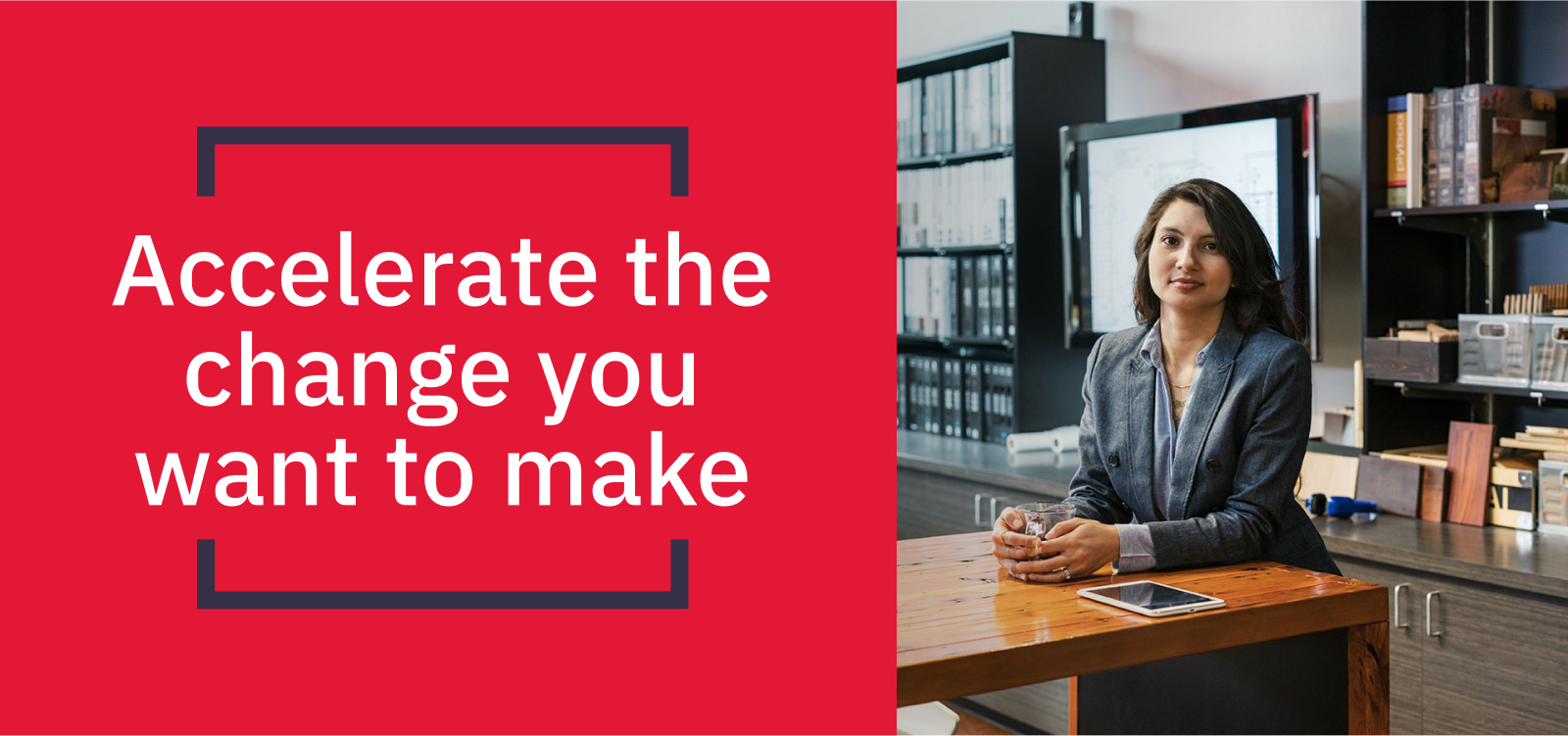Launch your career in cloud services by gaining a comprehensive, highly experiential education in the practice and deployment of cloud computing in enterprises
What you will learn
Work towards a cloud services and operations role with The Post-Graduate Certificate in CloudOps. Engage in assignments that mimic real-world cloud operations procedures, giving you the competencies to work with cloud-native development and cloud-first deployment approaches in a working context.
In the full-time Post-Graduate Certificate in CloudOps, you will:
- Gain foundational knowledge required for cloud operations roles such as compliance, security, scaling, containers, microservices, Kubernetes, monitoring, observability, and performance
- Work first-hand with a vast array of industry-standard tools, including Terraform, Git Merge, Ansible, Docker, Kubernetes, Prometheus and Grafana
- Become adept with prominent cloud platforms like Amazon’s AWS, Microsoft’s Azure, and Google’s Google Cloud
- Develop and present a compelling business case for cloud adoption to achieve business and digital transformation.
- Differentiate between the concepts of continuous integration, delivery, and deployment to build effective automated pipelines
- Learn systems and metrics to observe the health of the production environment for early detection of problems
- Practice critical soft skills for entry-level roles, including problem-solving, aptitude/ability to learn, and demonstrating curiosity
- Develop key competencies to execute cloud transformation and enable enterprises to gain competitive advantage in the digital world
Program Benefits
- The only full-time program in cloud operations offered at a Canadian university
- Taught by cloud experts who bring their practical perspective and years of insights to the classroom
- Experience a highly experiential curriculum with practical labs and assignments incorporated into every course
- Learn in-demand skills such as infrastructure-as-code (e.g., teach Terraform) and DevOps through the programs differentiated content
- Advance through the program with the same cohort of peers and build your professional network
- The School will make an effort to secure exclusive student discounts for cloud platform-specific certification, though it’s not guaranteed


